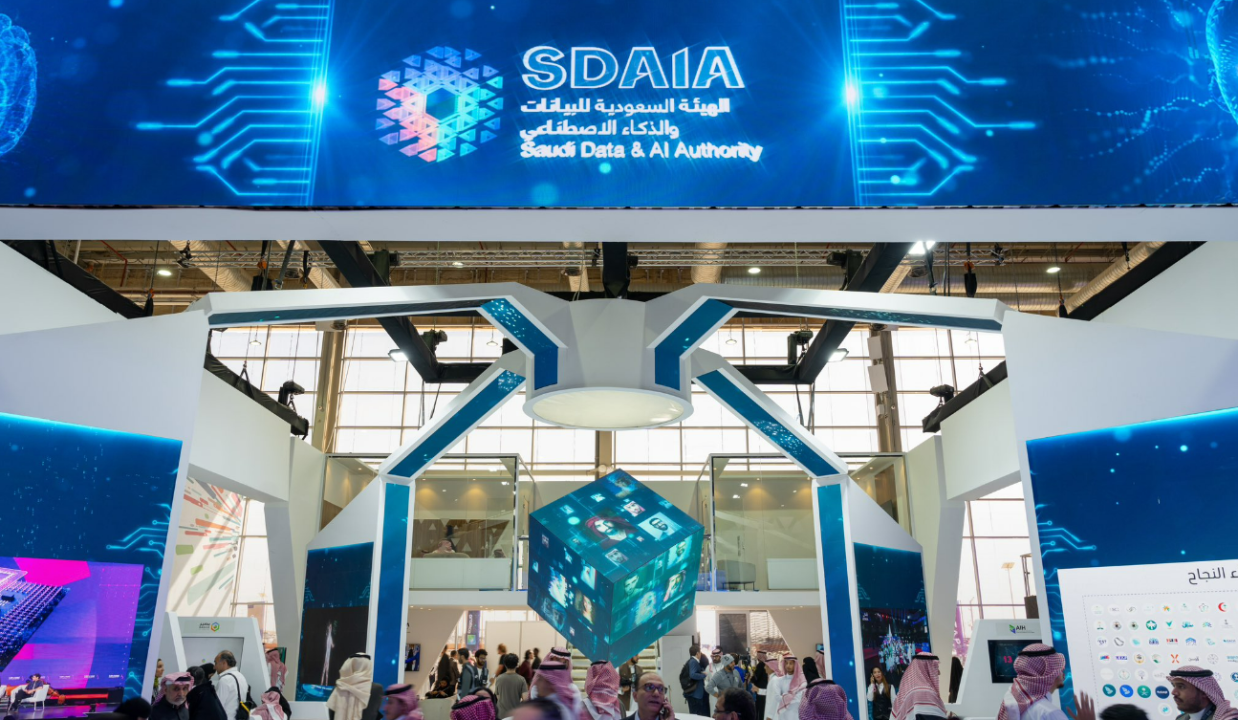
The Middle East’s tech landscape is on fire…in the best way possible. Governments are pouring money into AI, startups are sprouting like desert flowers after rain, and smart cities are emerging from Dubai to Riyadh. Whether you’re a founder, investor, or someone curious about the latest shifts in tech, there’s a lot happening across the GCC and broader MENA region worth keeping an eye on.
Top Middle East Tech Trends 2025
Here’s a look at the top Middle East tech trends shaping 2025.
1. AI & Automation Surge
Artificial Intelligence is a business priority in the Middle East Today. Governments and private companies are investing heavily in AI, and the numbers are staggering.
In May 2025, Saudi Arabia’s Public Investment Fund launched Humain, a homegrown AI powerhouse backed by Nvidia, AMD, and Qualcomm. This launch is part of a national push to build and manage advanced AI infrastructure. The company aims to deliver next-gen data centers, powerful Arabic multimodal language models, and localized AI technologies to support the kingdom’s innovation and economic transformation.
Arabic-language large language models (LLMs) are also gaining ground, enabling local markets to build tools that better serve Arabic-speaking populations. Startups like Mawj.ai are powering customer-service chatbots, educational tutors, and healthcare diagnostics…all tailored to regional dialects.GenAI is also finding its place in cybersecurity. 83% of firms in the Middle East are planning to use generative AI to detect threats, making it a core part of enterprise tech stacks.
2. Data Centers & Hybrid Cloud Growth
The demand for data centers in the Middle East is rising, driven by AI growth, cloud services, and regulatory pressures for data localization.
Companies like Microsoft, Google, AWS, Oracle, and Alibaba are rapidly expanding their presence in the region. New data facilities are being built from the ground up, designed with high-capacity power, fiber connectivity, and regulatory compliance in mind. These developments are enabling faster cloud adoption, improving latency, and supporting hybrid cloud models that balance local storage with scalable global infrastructure.
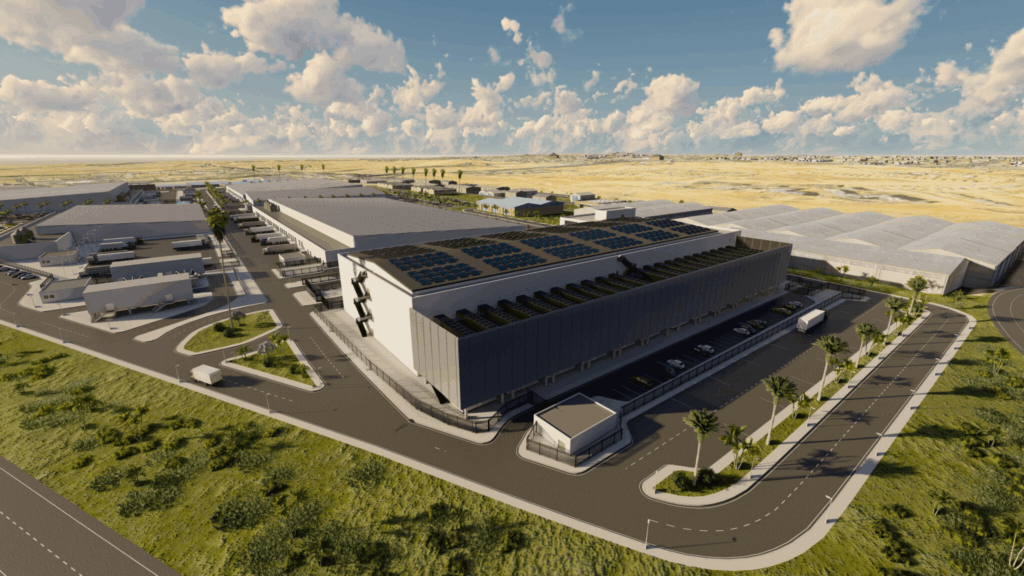
3. Cybersecurity & Digital Trust
The Middle East remains a top target for cyberattacks, particularly in critical sectors like energy, water, and transportation. Its global role in energy supply has made it a frequent focus for ransomware and cyber espionage, with attackers exploiting legacy systems and insecure third-party access.
In response, many organizations are increasing cybersecurity budgets, and most GCC nations are adopting zero-trust architecture, AI-driven threat detection, and resilience drills to protect national infrastructure and align with international security standards.
4. 5G, IoT & Smart Cities
5G isn’t just about faster internet. It’s the backbone for smart cities, connected vehicles, and industrial IoT. Cities like Riyadh and Dubai are already deploying AI-driven traffic and mobility systems that rely on low-latency connections.
IoT use cases are popping up across energy, utilities, waste management, and even agriculture. For instance, smart sensors are being used to monitor everything from water consumption to air quality.
Smart city projects like NEOM in Saudi Arabia are driving this forward at an unprecedented scale.
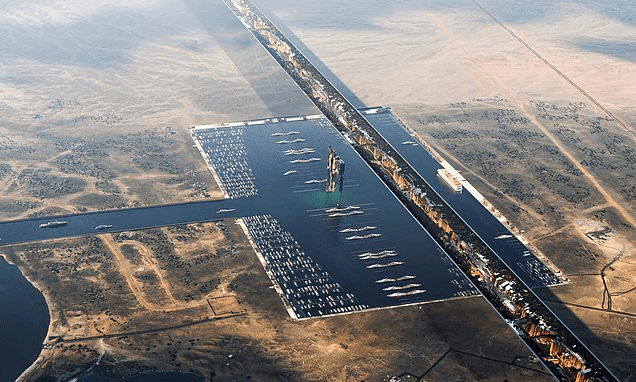

5. Quantum Computing Ambitions
Quantum computing in the Middle East is moving from theory to real-world investment, especially in Saudi Arabia. Several universities and research institutions have launched programs focused on quantum technology.
Saudi Aramco is taking concrete steps by signing an agreement to deploy the country’s first quantum computer. In partnership with IBM, Aramco is also setting up an innovation hub to explore how quantum technology can be applied in the energy sector and beyond. It’s an early-stage effort, but one with serious momentum.
6. E‑commerce & Dark Stores
E-commerce across the MENA region is evolving quickly, especially in categories like groceries and everyday essentials. While online shopping continues to grow steadily, it’s the rise of dark stores—urban micro-fulfillment hubs—that’s changing the game. These facilities are set up inside cities to fulfill orders in just minutes.
Research shows that the dark store market in the Middle East and North Africa is expected to reach $12.1 billion by 2030, growing at a CAGR of 36.1%.
But it’s not just about speed. Dark stores reduce delivery distances, lower costs, and improve accuracy through automation and real-time inventory systems. Together, they’re powering the region’s next wave of e-commerce and quick-commerce, delivering both convenience and scale.
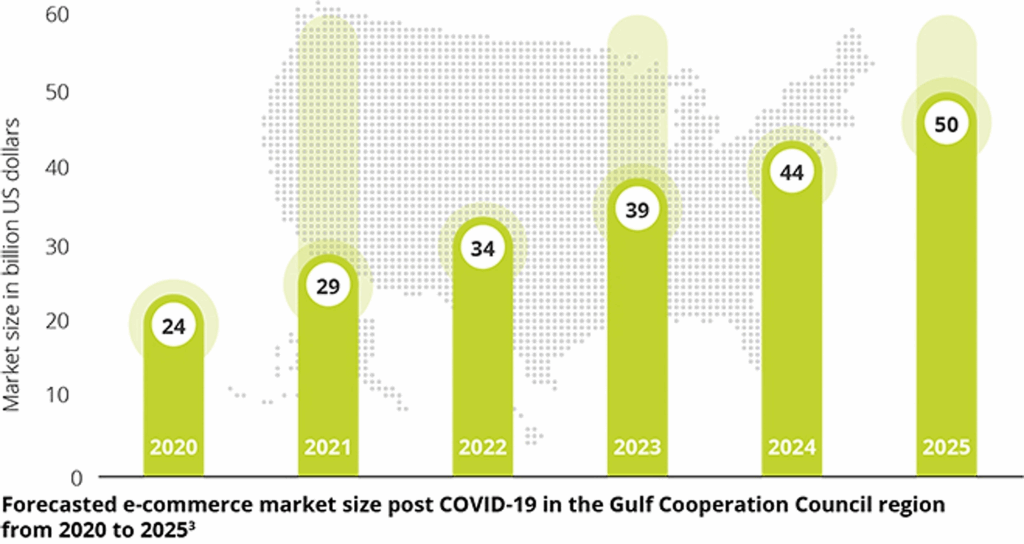
7. Mobility: Autonomous & Electric
Mobility in the Middle East is shifting fast, with countries rolling out autonomous vehicles, expanding EV infrastructure, and experimenting with next-gen transport.
Autonomous driving is gaining real traction. Dubai plans for 25% of all trips to be autonomous by 2030, and companies like WeRide and Pony.ai are launching robotaxis in Abu Dhabi and Riyadh. Uber is also entering the space through a new partnership with Pony.ai.
Electric vehicles are on the rise due to strong government support. The UAE and Saudi Arabia are rapidly expanding fast-charging networks, and Qatar expects EVs to make up nearly a quarter of new car sales by 2035.
e-scooters, e-bikes, and shared rides are also thriving, with high adoption rates and dedicated lanes in cities like Dubai, Doha, and Riyadh. And cities like Dubai are preparing for air taxis, with plans to launch commercial flying routes and vertiports as early as 2026.
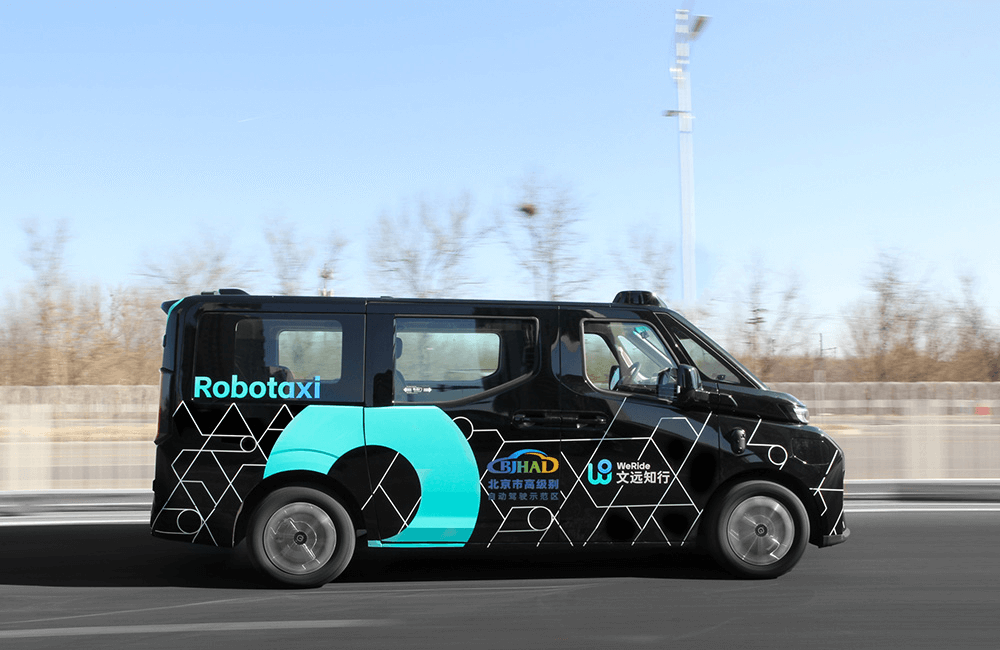
WeRide robotaxi
8. Sustainability & Green Tech
Green tech is becoming a core part of national strategies. From hydrogen energy projects in NEOM to solar mega-parks in the UAE, KSA and Egypt, the focus is clear: move beyond oil.
Smart grids, AI-based energy management systems, and sustainability-focused urban planning are transforming how cities grow. Countries are also pushing for Net Zero goals, which are backed by tech-enabled systems to measure and reduce emissions.
9. Tech Talent & Ecosystem
The startup ecosystem in the Middle East is thriving. In February, MENA startups raised over $494 million…a 371% month-over-month increase. AI, SaaS, and fintech are leading the way.
There’s also a major focus on developing local talent. Coding bootcamps, university partnerships, and government-backed upskilling programs are helping create a more sustainable pipeline.
Challenges & Risks
No region is without its challenges. Ongoing geopolitical tensions, such as those between Israel and Iran, create uncertainty for investors and operators alike.
GPS spoofing has become a real concern for airlines and logistics in some areas. Meanwhile, mega-projects like NEOM face scrutiny over delays and feasibility.
And then there’s regulation. While there’s progress, the pace of tech innovation sometimes outstrips the frameworks in place to govern it, raising risks around ethics, privacy, and security.
Final Thoughts
The Middle East’s tech landscape is no longer a quiet corner of the global market. It’s one of its most dynamic arenas. With bold investments, strong government support, and a young population eager to build, the region is on a fast track. For founders, builders, and investors, understanding these tech trends is essential.
If you’re looking to launch or grow a product in the Middle East, Hapy Co is here to help. We partner with founders to design and build digital products that blend local relevance with global standards.
Want to explore what that could look like for your idea? Let’s talk.
